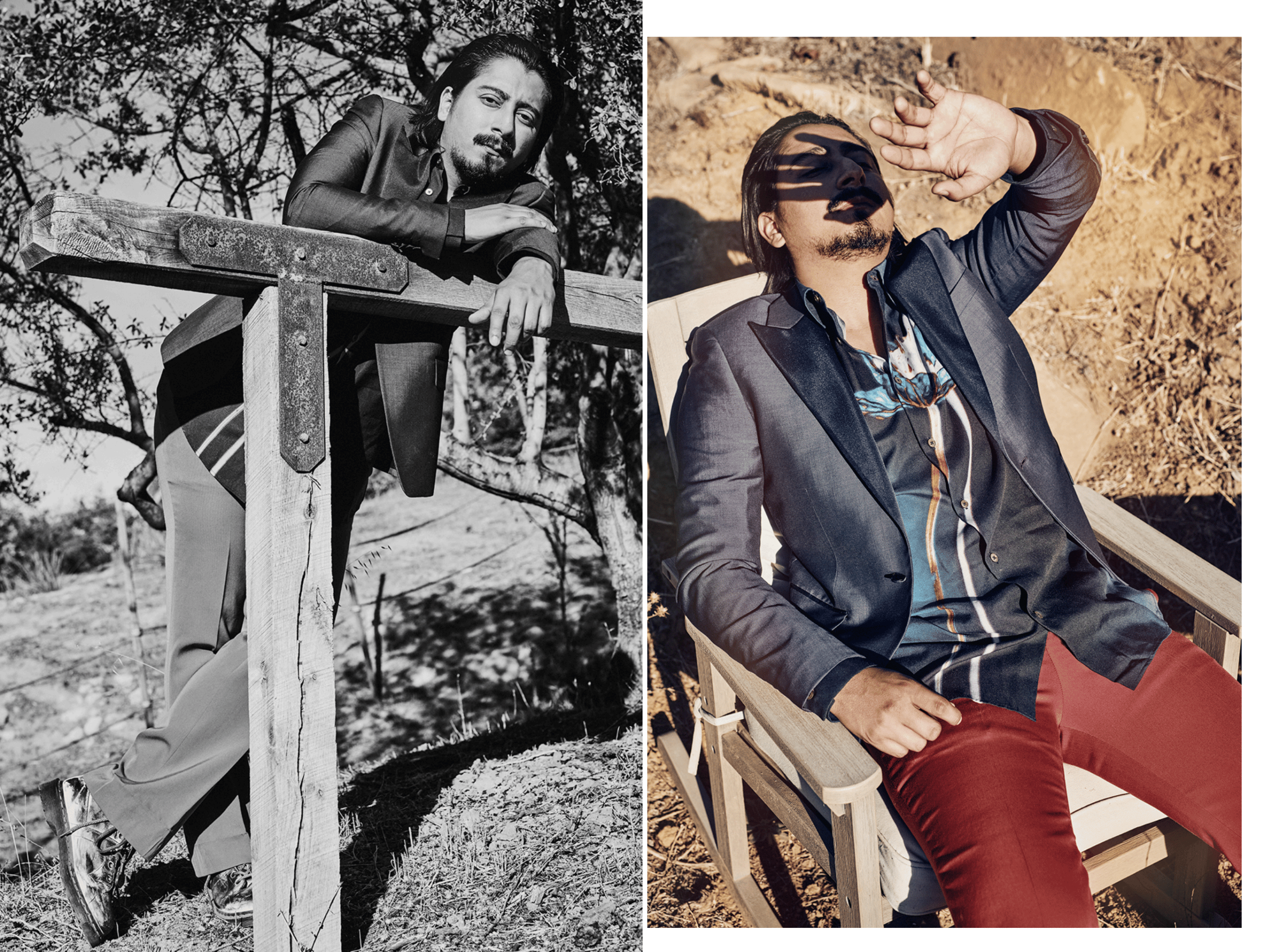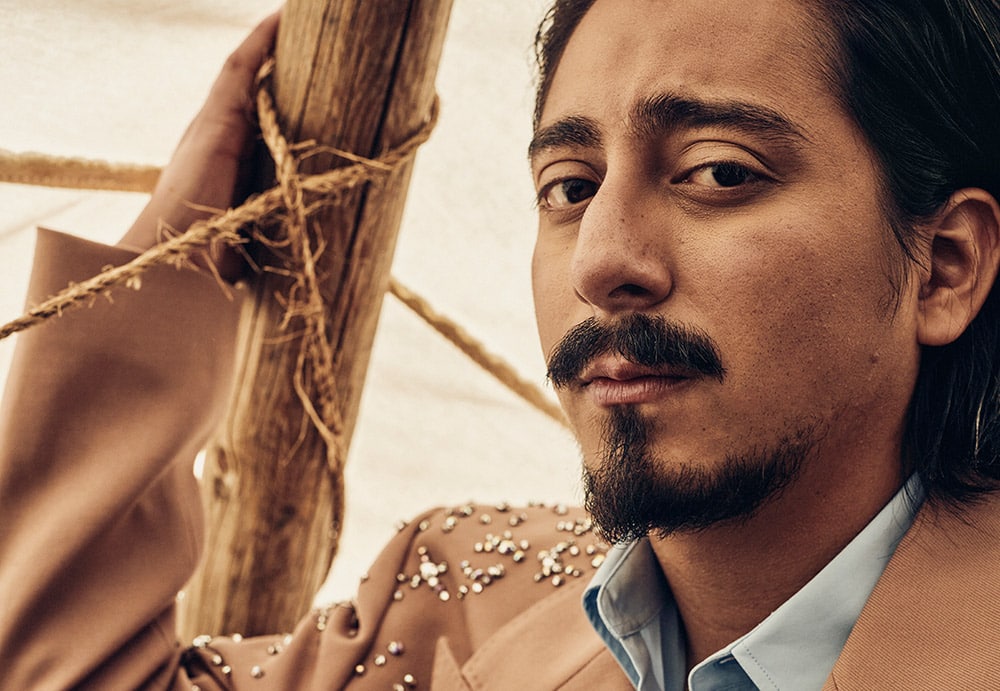When Tony Revolori auditioned to play the title role in the 2017 Marvel blockbuster ‘Spider-Man: Homecoming’, he should have been bouncing off the walls with confidence.
A few years previously, he had starred as the scene-stealing lobby boy Zero Moustafa in Wes Anderson’s ‘The Grand Budapest Hotel’, having triumphed in an international hunt by the meticulous filmmaker to cast the central role. He earned endless plaudits after the release of the 2014 film, and for the majority of viewers was the most memorable character in a cast that included screen icons Ralph Fiennes, Bill Murray, Tilda Swinton, and Ed Norton. He was enjoying affirmation at home too, having beaten his older brother Mario to the part of Zero in what became a two-actor race between the siblings, who shared a bedroom at their family home six blocks from Disneyland in Anaheim, California, and a dream of becoming Hollywood stars.
But instead Tony, who is of Guatemalan descent, felt defeated before the audition had begun, and believed he was never truly in the running to play the comic book hero because of his race. “I walked into that audition, and I felt like I had no shot,” Tony recalls. “I couldn’t believe in myself, because why would they ever want a Latino Spider-Man? And it was one of the worst auditions I’ve done in my life.”
Since then, progress has been made. While Tom Holland landed the lead role in the movie that kicked off the hugely successful new Spider-Man trilogy, Tony ended up being cast as his High School rival Eugene ‘Flash’ Thompson, and along with Zendaya, Jacob Batalon, and others he helped to make the world that surrounded Peter Parker more diverse that it had been in previous incarnations of the franchise. (It should also be noted that, while Spider-Man has not yet been played by a non-white actor in a live action film, he is Black in recent versions of the Marvel comicbook series, and in the 2018 animated movie ‘Spider-Man: Into the Spider-Verse’.)
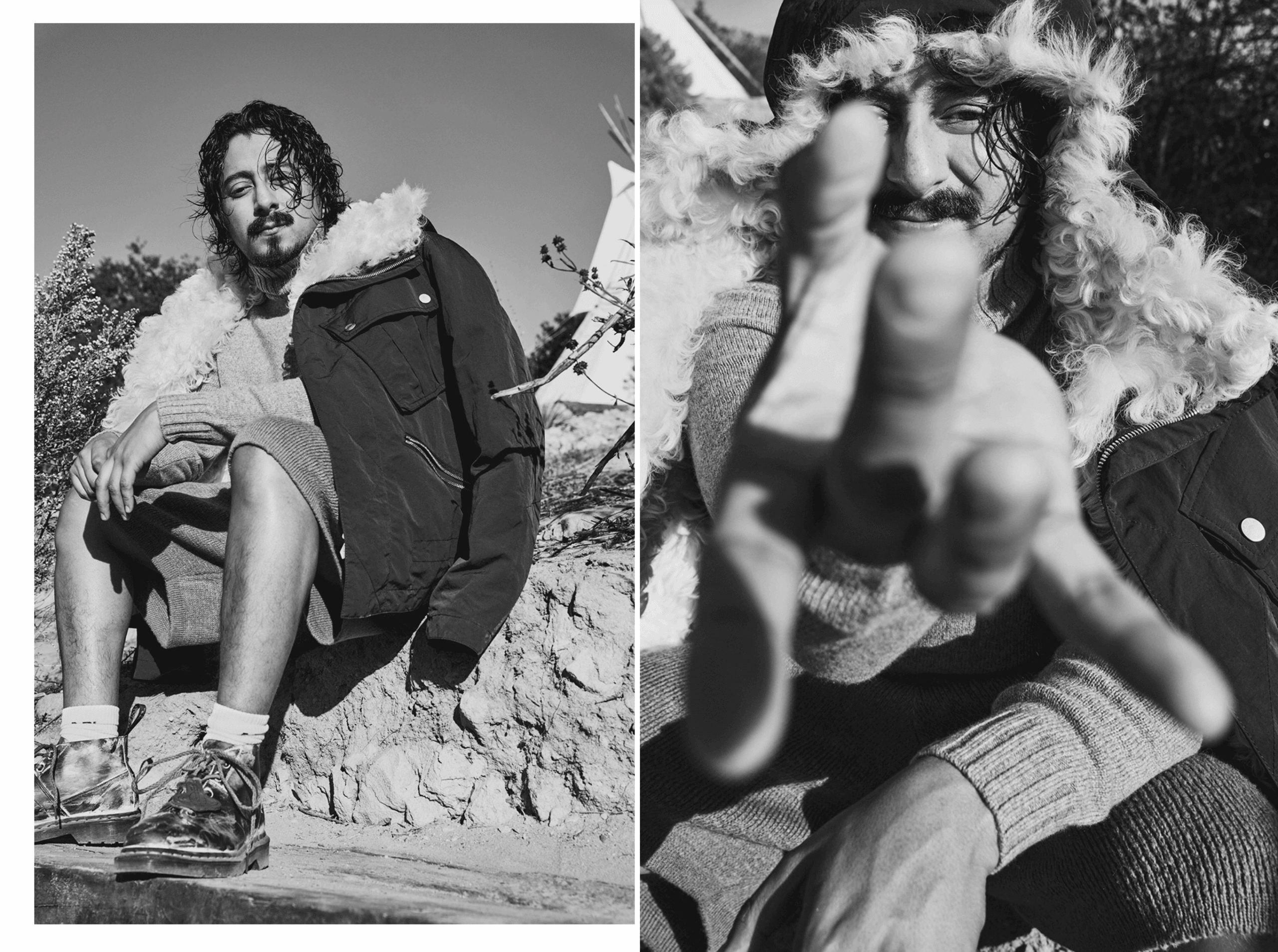
It is this kind of headway that motivates Tony and his latest project, the Disney+ fantasy adventure ‘Willow’, is another step forward for representation. The actor joins a diverse cast including Amar Chadha-Patel (who we featured in our last Mr Feelgood issue), Erin Kellyman, and of course Warwick Davis as they embark on an epic quest across an enchanted, mythical land. Warwick, who was born with a rare genetic disorder which caused his dwarfism, was also the star of the 1988 movie which the new series reboots — and that opportunity was hugely significant in the early years of his acting career which has now spanned four successful decades. Ron Howard, who directed the cult classic movie, returns as executive producer of the Disney+ series, written by Bob Dolman who also penned the original, and produced by Lucasfilm.
“‘Willow’ has always been a story that gave a voice to the voiceless, and that’s why I loved the original so much,” says Tony. “It made Warwick Davis the hero, who back then would not normally have had an opportunity to play the lead. And here we are, more than 30 years later, and we also have three people of color in lead roles. It’s an incredible achievement.”
Below is our conversation with Tony, 26, detailing his own journey from working with Anderson on star-studded flick ‘The Grand Budapest Hotel’, to spending nine months in beautiful, rain-soaked Wales, UK, filming ‘Willow’. And he reveals how he’s achieved his success while living with anxiety, something that his recent move into screenwriting is helping him to unpack and manage. It’s a topic he’s happy to discuss in the hope it could support others experiencing mental health challenges. “It helps normalize that we all feel this way, and it’s okay to feel this way,” he says. “And there are ways to feel better, but it’s okay if that doesn’t happen right away.”
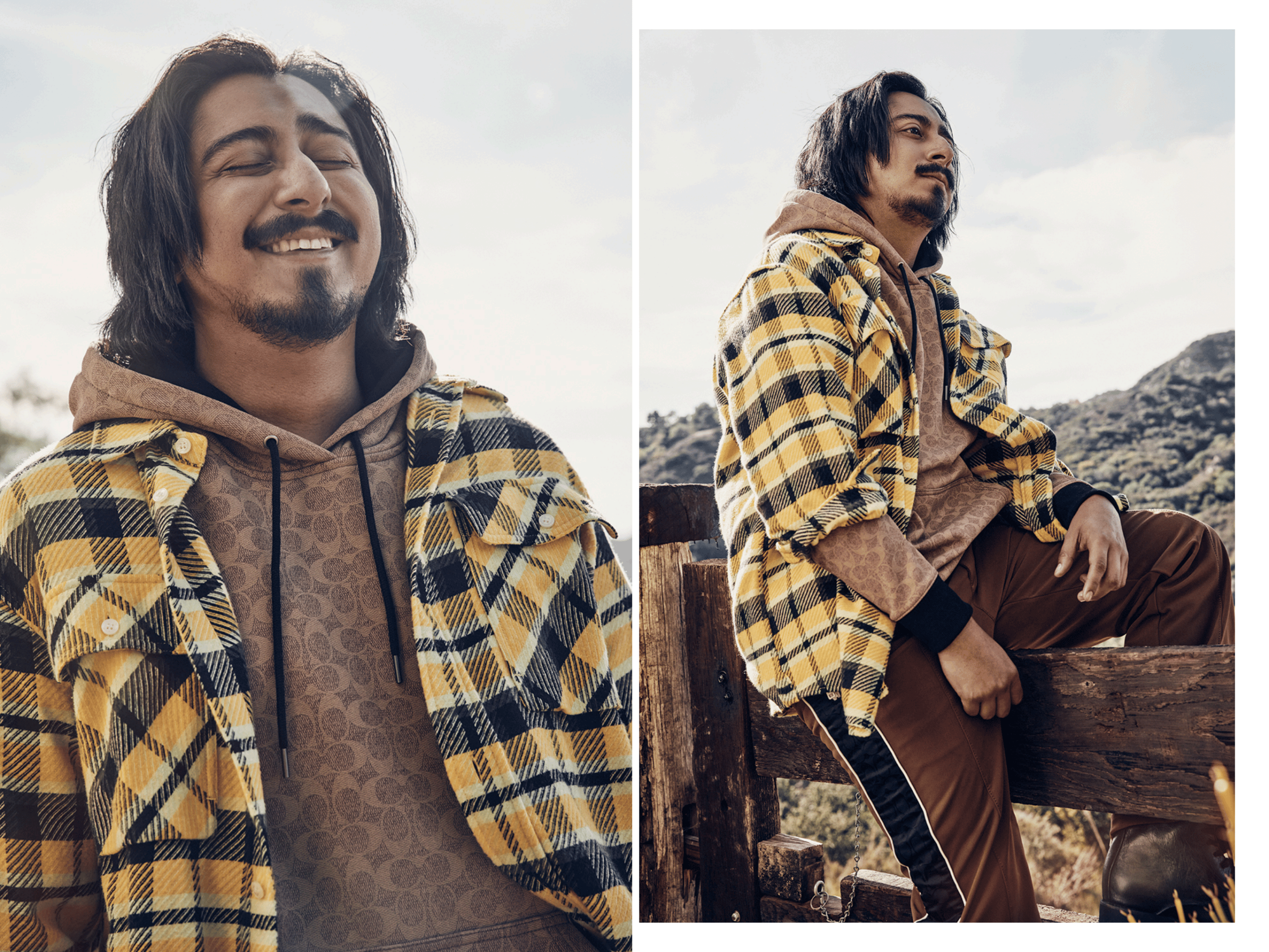
We interviewed your ‘Willow’ co-star Amar Chadha-Patel for our last issue. I’m told you two really bonded on set.
It’s a very rare thing to act alongside another person of color, especially another brown person. It’s a strange thing, and hopefully this will change in the future, but usually Hollywood has a rule that there can only be one. So it was an absolute blast to have another person of color to play with and act with. What is awesome is that there’s no reason these two roles have to be played by people of color, they just are. And that’s amazing.
Have you experienced the diversity of casting evolving throughout your career so far?
I think it’s slowly changing. There are a lot of gatekeepers that have an old sensibility that they can’t seem to shake. But it is getting better. Younger people are coming in and making a change.
Jon Kasdan, our showrunner on ‘Willow’, has done a wonderful job of keeping the magic of the original movie alive, while also updating it. ‘Willow’ has always been a story that gave a voice to the voiceless, and that’s why I loved the original so much. It made Warwick Davis the hero, who back then would not normally have had an opportunity to play the lead. And here we are, more than 30 years later, and we also have three people of color in lead roles. It’s an incredible achievement, and I pride myself on working on projects like that. I also had the good fortune of being in the Spider-Man franchise that made the world surrounding Peter Parker nearer to the one we actually live in. It’s a very important thing to see yourself represented on screen in any capacity.
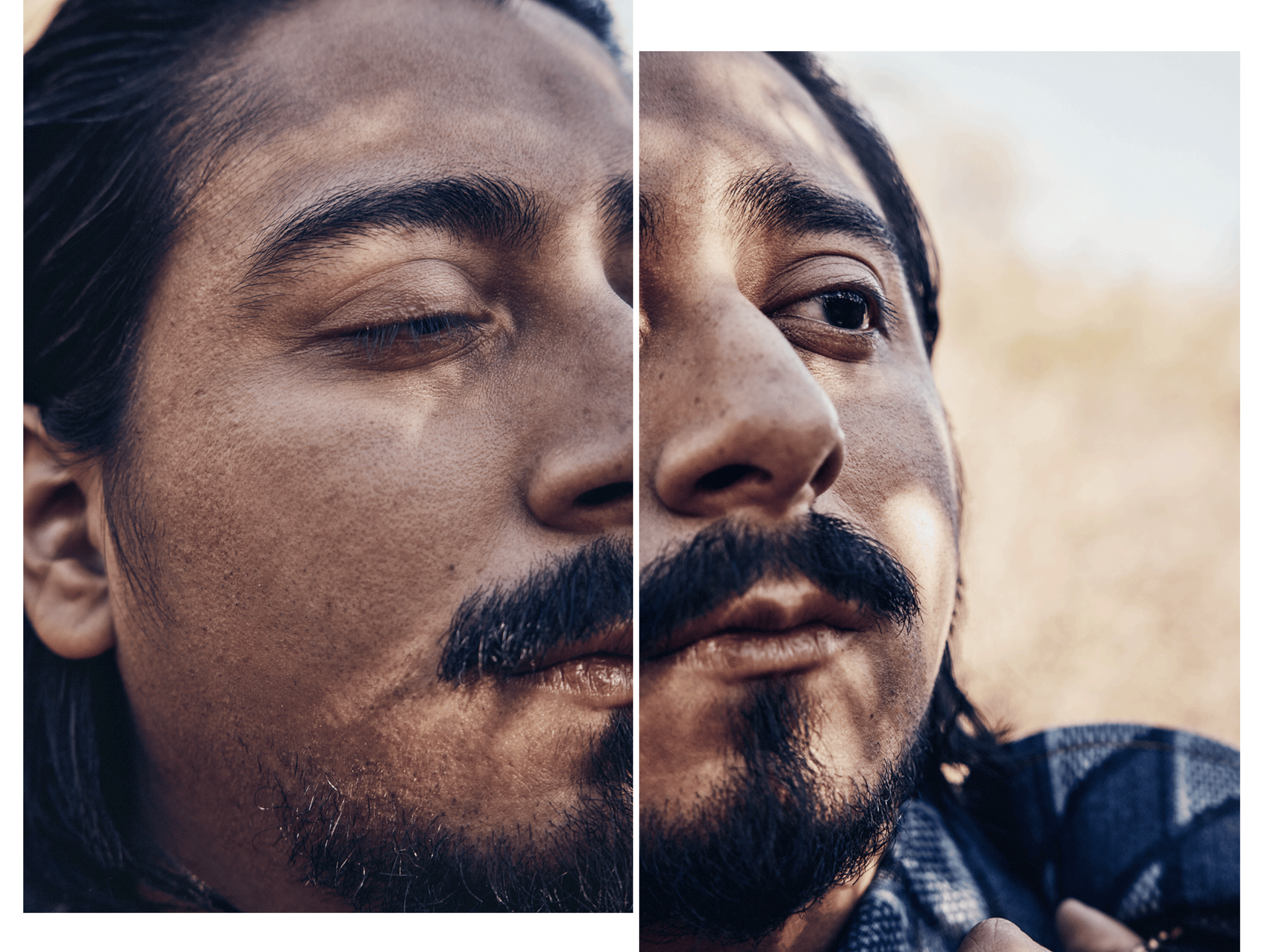
We also had a great conversation with Jacob Batalon, who played Ned Leeds in the Spider-Man trilogy, a few months ago. We talked about his title role in his new show ‘Reginald the Vampire’, and how he was ready to be a leading man. Because while there have been improvements in diversity on screen, the next challenge is to see balance in the very biggest roles. Are you at a similar point in your career, that you’re ready to take that step?
Absolutely. I’ve worked hard for many years, and I’m ready. So now, I just hope society is ready for me to take on those roles, and that Hollywood is catching up. Whether it’s me writing, directing, or producing my own thing to give myself that shot, or someone who wants to bet on me, I am here and able, and I want to do it.
There is no reason why people of color can’t be the main character of a story like Spider-Man. We’ve been here just as long as anyone else and we are just as important. For the Latin community, we’re used to seeing ourselves as gangsters and thugs, or janitors and maids, but we can be superheroes too.
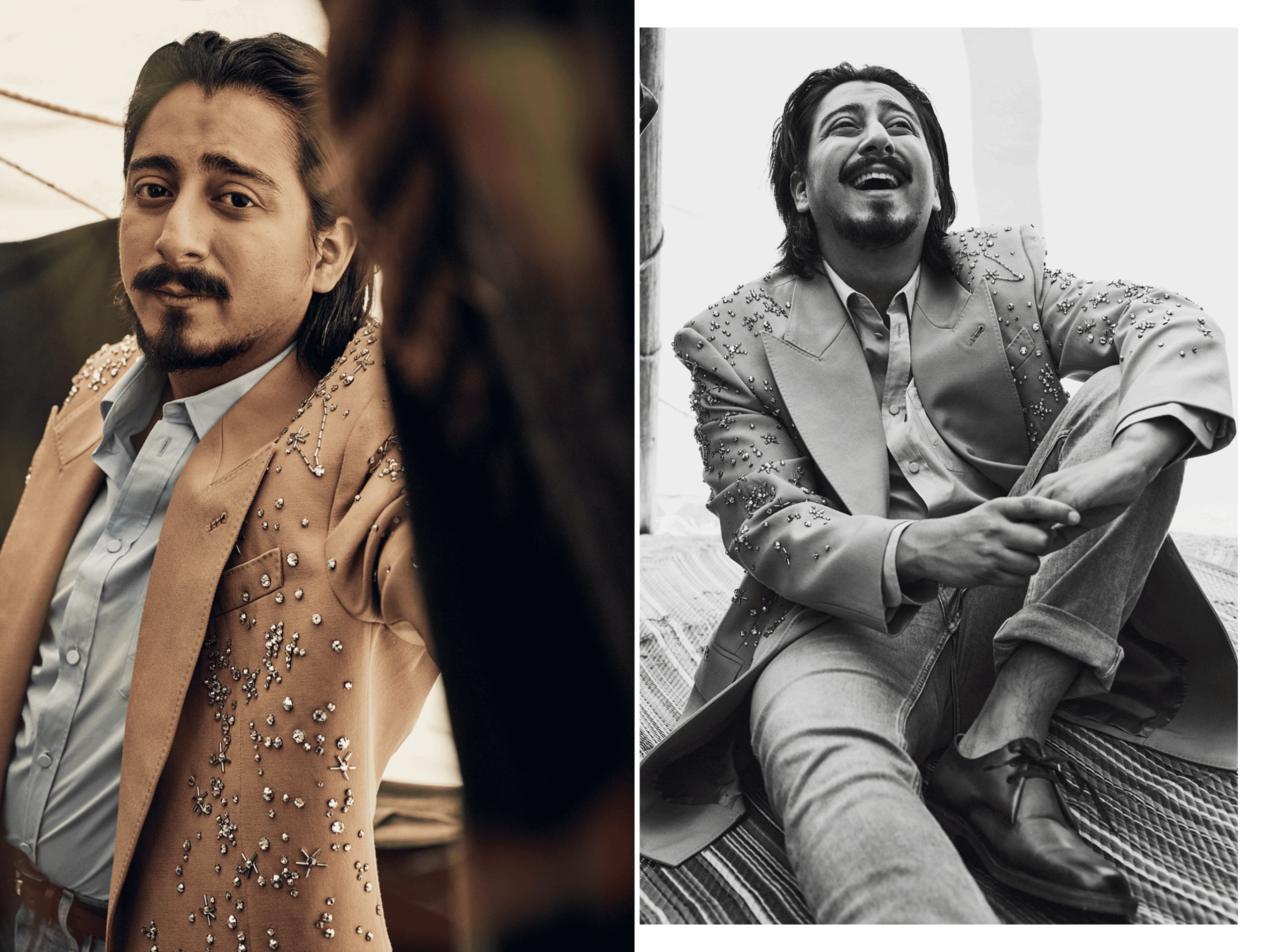
On our photoshoot you told me that you shot ‘Willow’ for nine months in Wales, and that it was rather wet and wild! I got an image of the cast really pulling together on this epic shoot, which somewhat mirrors the story of these unlikely heroes being thrown together for this incredible journey on the show. Tell us a little more about your adventures shooting in Wales.
It was wonderful, Wales is one of the most beautiful places I’ve ever been to. But it was a difficult shoot, because of Covid and shooting in the cold, wet rain. And I want to give a huge shout out to the crew, who were right there with us, carrying the cameras and pushing everything through in the cold and wet weather. But it was truly stunning surroundings. And the cast had a lot of fun, and grew to become a family, and this show lives or dies by the chemistry we have. So thank God we all liked each other!
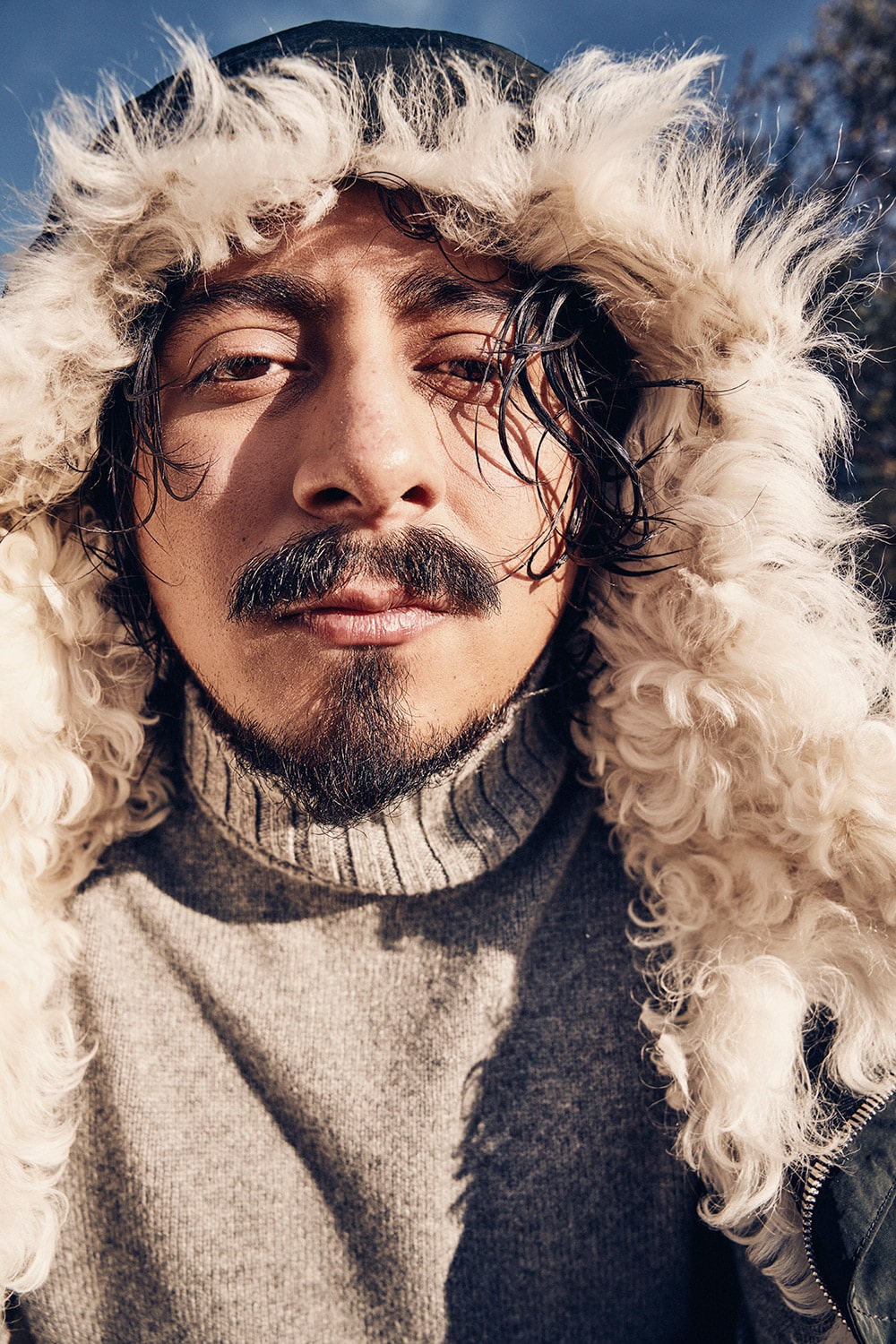
Tell us a little more about your family’s heritage and story.
My parents were born in Guatemala. They came over when they were in their 20s, and moved to Anaheim, California, and I grew up six blocks away from Disneyland. So I had uncles and aunts that worked there, and I’d hang out at downtown Disney with my cousins, eating churros in the corner, trying to hit on the tourists! It was a fun childhood. Then the other side of my life was this artistic side, driving almost every day to Los Angeles for whatever TV or commercial audition was next.
Then I got my big shot with Wes Anderson, in ‘The Grand Budapest Hotel’. I remember going to that audition, and it was such a fun experience. When we got there, we were given about 11 pages of dialogue, and thankfully my older brother Mario was auditioning as well, so we got to read the scenes together before we went into the room, and that gave us a bit of an advantage I think.
That movie must have been such an amazing, life-changing, experience. How was Wes to work with? He’s a creative genius.
He’s incredible. But beyond a genius, it’s his kindness that doesn’t get talked about enough. He’s just a genuinely sweet human being. He creates these environments on set that make you want to come back in whatever capacity you can, even if it’s a smaller role. I was excited to come back and do ‘The French Dispatch’, because it’s this shared experience that feels very loose and fun. You come in, and you play, and it’s just wonderful. And you make friends in a way that you usually don’t in most films.
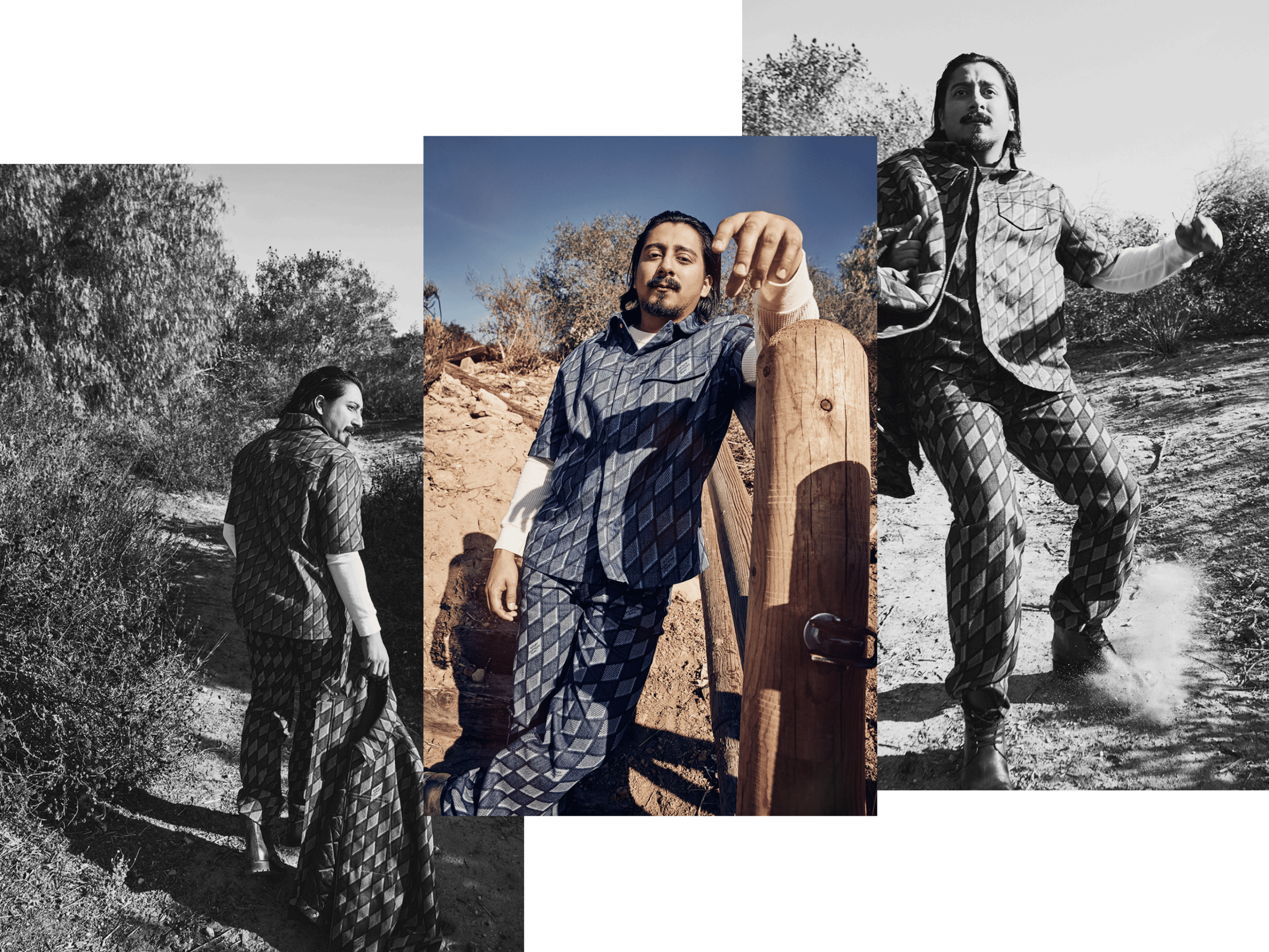
That sounds wonderful. How does he create that environment?
Everyone just comes in ready and willing to participate in this experience. Beyond the acting and filmmaking, every night the cast gathers and we have a dinner where we talk, and the conversations are all different and inviting. And Wes is just a very calm person, and that creates calm for everyone else. He’s always talking to someone, having a drink, and we’re friends with him as opposed to him just being the director.
You talked a little earlier about writing, directing and producing. Is that something that you’ve done, or have ambitions to do?
I’ve been writing for the last couple of years with my writing partner, Michael Konti, and we’ve written a couple of features and shows which are in the pre-stages of trying to get them made. It’s a slow process, but regardless, it’s extremely empowering for an actor to try and take his own career into his own hands. It has helped me immensely. My advice to other actors is to try and do this as well. Whether or not you make it, it just opens you up to a completely different world.
We wrote this wonderful short film. By the end of shooting ‘Willow’ I was having anxiety, which I normally have, but one night it was particularly bad. Not that it was anyone’s fault, but it’s one of those things when you are away from home for nine months. So I was having a bad anxiety attack, and I called my writing partner who is also my best friend. It’s about a Formula One driver, who during a red flag in a race goes back to his room and is waiting for the restart, but has an anxiety attack about going back out there. The idea was born out of me calling him with anxiety from Wales at 1am and us talking about it, and then watching an episode of ‘Drive to Survive’, the Formula One show on Netflix.
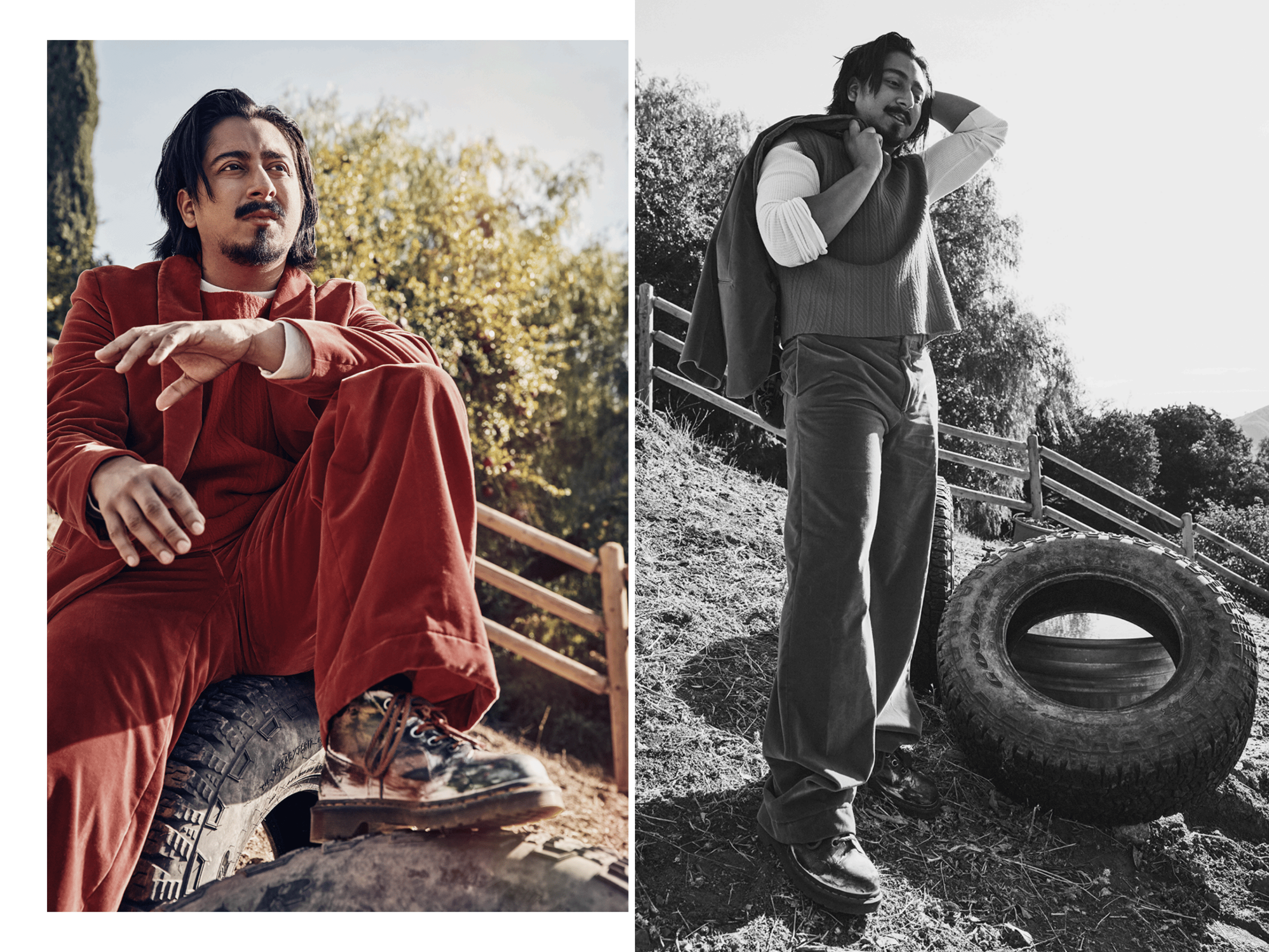
Do you find that process of writing helps you with the anxiety you mention?
Absolutely. It gives me insight. For me it’s less about writing the emotions down, and more about writing the character, and then figuring out how he feels, which then helps me process my feelings. I think it’s an underused tool. People should be able to feel comfortable writing their emotions down to help process emotions. So John directed the short film, and I was in it, and it was really creatively fulfilling. We’re going out to festivals now, and hopefully people see it and can connect with it in some way.
As an actor, how do you balance your anxiety with your work which is about appearing completely comfortable and confident?
I think my anxiety comes from a very internal place. I like to consider myself an empathetic human being and, seeing the state of the world right now, it piles upon people. I think that’s why a lot of our millennial generation do feel anxiety. And then when you put yourself in a high stress job like acting, where you hear, “Today cost a million dollars.” Or, “If you f*** up this take, it will cost this much,” it all slowly piles on top. No-one is trying to make you feel bad, but you know if you f*** up it affects everyone else, your co-stars, the director, the crew. So you never want to let anyone down. So it is a very difficult thing to try and be confident enough to know when you do f*** up, and be like, “It’s okay, I’m gonna get it right the next time.” And if you f*** up three times in a row, being able to keep doing it. For the most part I have gotten good at that. But you know, no one’s perfect, and it gets to me sometimes. But back in the day, this would not be a conversation we’d be having. It wasn’t something ever talked about. So I think it’s wonderful that people are opening up now. Ryan Reynolds talks about his mental health issues, and so many other artists are doing the same. It helps normalize that we all feel this way, and it’s okay to feel this way, and there are ways to feel better, but it’s okay if that doesn’t happen right away.
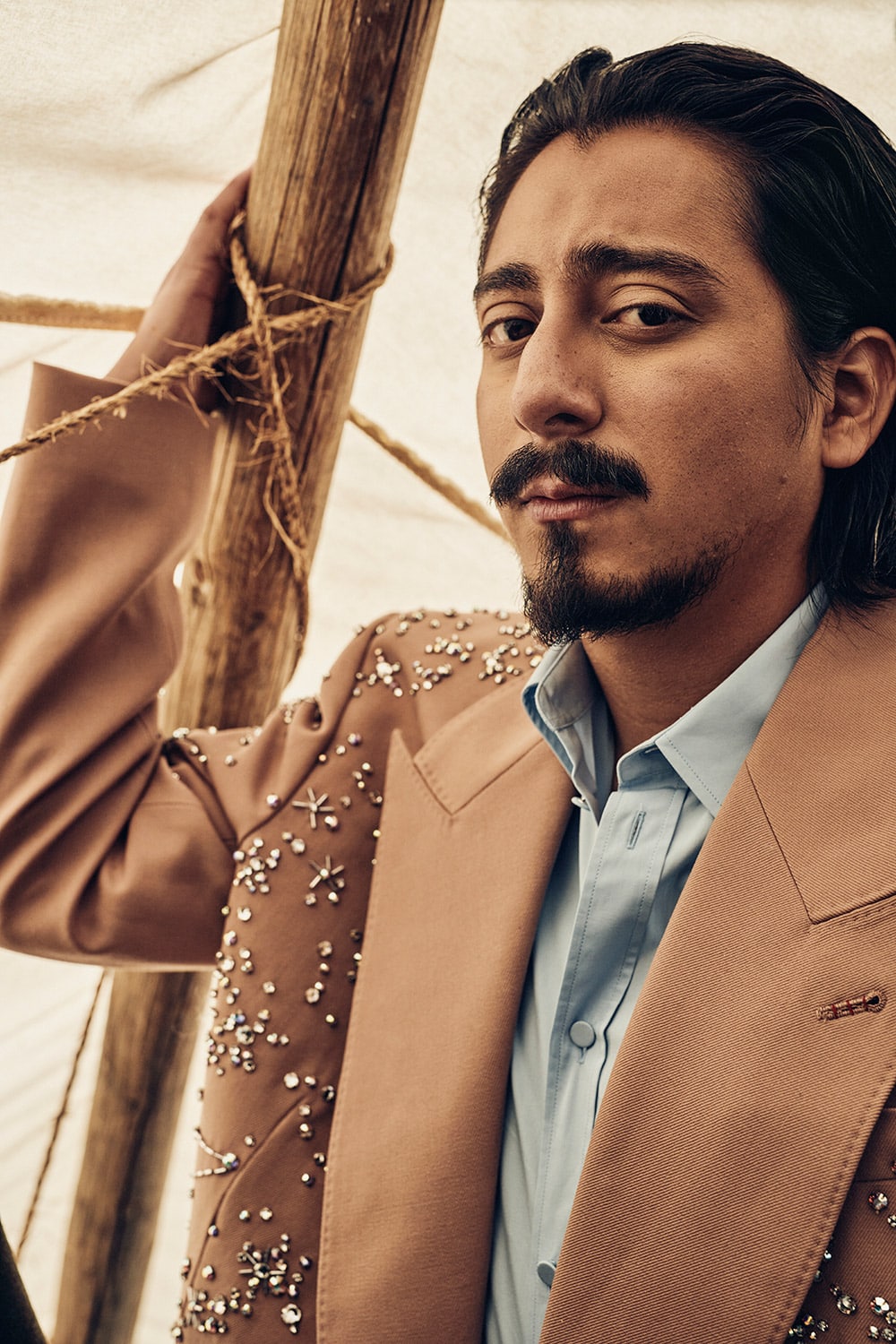
Were you outgoing as a kid, or quite shy?
I was quite a shy kid. I’ve learned to be a little bit more outgoing as I’ve got older. But for the most part I kept to myself, and was behind my brothers’ backs. Then things kind of shifted for me, and I was right there in the front, center stage. And I had to learn how to do that. But every now and then I return to being the introvert I was as a kid, I love to stay home and watch a movie with a glass of rum or whatever I’m into at that moment, and recharge the social batteries.
As a kid, I was very energetic around people that I was comfortable with, loved running around, climbing on things, jumping off things. I was very curious, and would love to explore the city on my bike. I was also very into computers, and I taught myself how to code a little bit. Then beyond that, I always had a love for art. I didn’t know what was going to be my medium, so I tried it all. Music became a huge part of my life, and I learned to play piano and guitar. The natural curiosity in me would not let me settle for one instrument, I wanted to learn them all. I became a Jack of all trades and a master of none.
Part of our conversation with Amar in our last issue was about the importance of just taking yourself seriously as a creative person, committing to that wholeheartedly, and believing you can do it.
Yes, and that goes back to representation. I auditioned for Peter Parker in the new Spider-Man, but I remember I walked into that audition, and I felt like I had no shot. I felt like I couldn’t believe in myself, because why would they ever want a Latino Spider-Man? And it was one of the worst auditions I’ve ever done in my life. But I remember the premiere of ‘Spider-Man: Homecoming’, and I had my little brother with me who was six years old at the time, and I had this realization that he’s seen me, Zendaya, Jacob, and other people of color up on that screen. So one day, if he ever gets the opportunity to audition, he would have seen himself represented. In John Leguizamo’s special on Netflix, he says something like “without representation, many would feel invisible in the world that they inhabit, because they never see themselves portrayed in any way.” And it’s true. I, for the most part, didn’t. But now we’re talking about Amar feeling confident enough as an artist to be able to do this role in ‘Willow’ that is usually played by a big, tall, white guy. And he crushed it, which makes me so proud of him, and this series, and what it’s doing.
